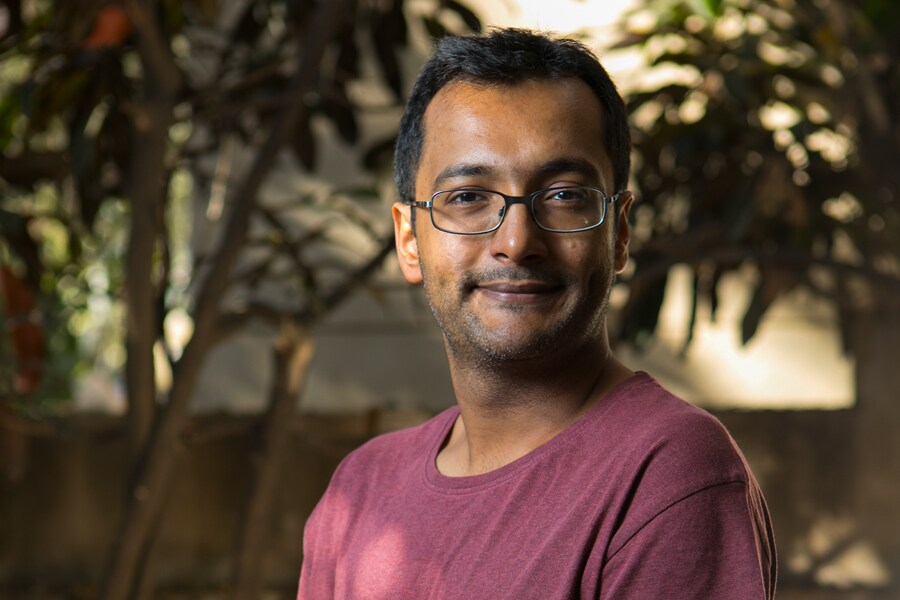
Quick commerce: I don't understand the difference between 10 and 20 minutes - Dunzo's Kabeer Biswas
The co-founder of Dunzo on the future of quick commerce and the need to charge a delivery fee
 Kabeer Biswas, CEO, Dunzo
Kabeer Biswas, CEO, Dunzo
Can an interview with Kabeer Biswas be short? Nah, it has to be quick. After all, quick commerce is the flavour of the season, and the co-founder of Dunzo is billed by his backers to build the largest quick commerce business in India. “We are not in the 10-minute space,” laughs the CEO of the hyperlocal quick commerce company as he gets ready for a 15-minute interview.
The trigger is Dunzo’s latest fund raise of $240 million, a round led by Reliance Retail which pumped in $200 million and picked up a 25.8 percent stake in the Mumbai-headquartered firm. “We are into 20 minutes,” smiles Biswas, alluding to the average delivery time taken by his startup. “I don’t understand the difference between 10 and 20,” he says. There is no data, he lets on, which shows how a 20-minute delivery is different from a 10-minute one. “We think we can make money by delivering in 20 minutes,” he smiles, as he justifies his move to stick to the 20-minute delivery proposition. On so much capital getting into quick commerce, the founder says all kinds of commerce are getting quick. “Even the Amazon guys have started delivering fast,” he tells Forbes India. Edited excerpts:
Q. You have been into hyperlocal delivery for a while now. Was it always called quick commerce?
The only thing we understand is that consumers want it quickly and it’s important to get it delivered to them as quickly as possible. The Indian model of quick commerce won’t be similar to what we find across the globe. In India if you want to make money in instant deliveries, you would need to charge a delivery fee. For instance, in Bengaluru, we have two options. Those opting for a 15-minute delivery have to pay ₹25, and those who can wait for 45 minutes don’t have to pay any fee. The point is if you are delivering instantly, you need to charge a fee. Customers are okay with a reasonable time of delivery, which is 15 to 20 minutes.








